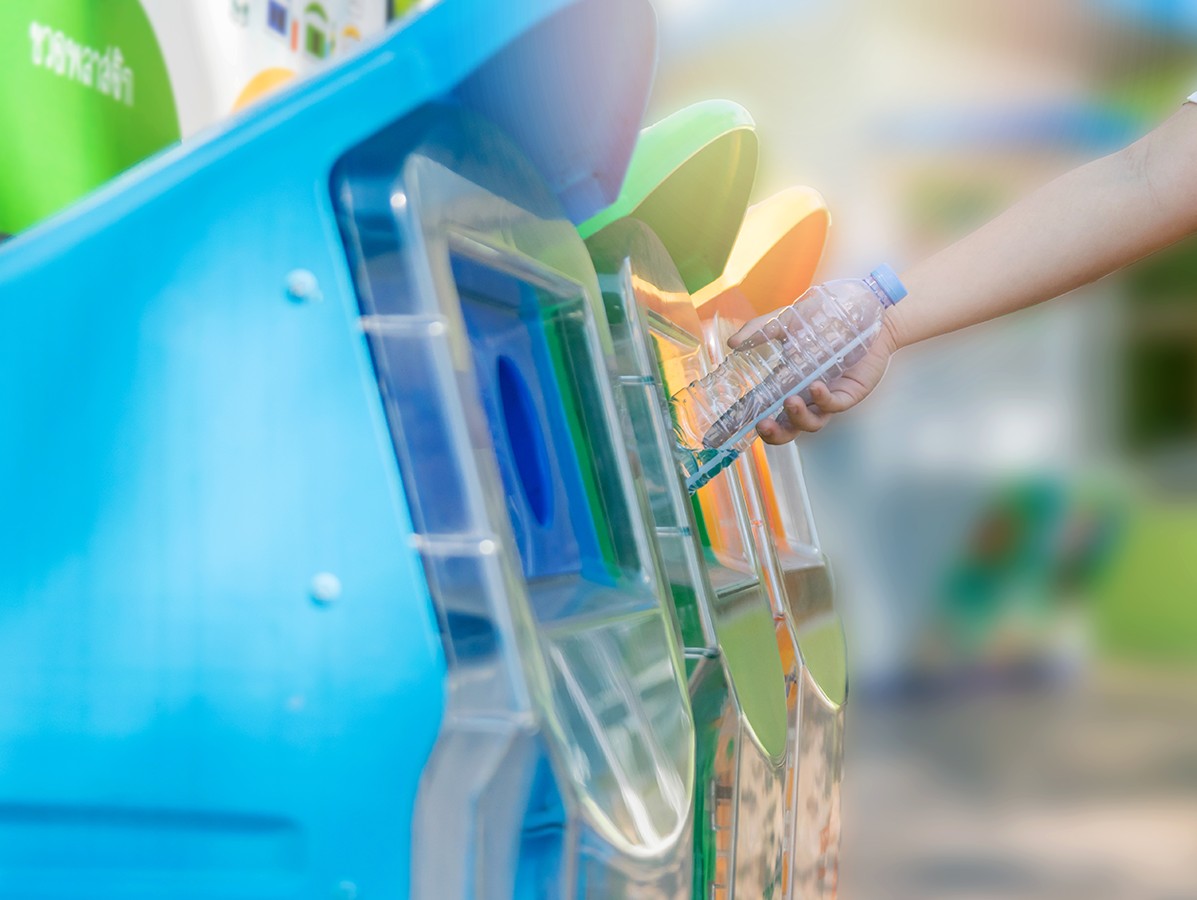
Compared to other European countries, the Netherlands is efficient in the use of materials for consumption, and even leads the EU in the use of recycled materials. However, there is still a lot of room for improvement in the circular economy, and circular plans are often not well enough controlled to be effective. The Netherlands Environmental Assessment Agency is conducting research into the circular economy in our country over the next three years.
In cooperation with research institutes and universities, the PBL wants to acquire knowledge that supports the transition to a circular economy. The first report was recently published under the name 'Robust monitoring of the circular economy'.
The government has set itself the goal of halving the use of new abiotic raw materials by 2030. Currently, 13% of the total use of materials in the Netherlands consists of used materials. An increase is possible, but is limited by the fact that a significant proportion of the materials and raw materials are consumed or exported. In addition, part is stored in products with a long lifespan.
The report underlines the importance of other circularity strategies beyond recycling and incineration, such as leasing, sharing, reuse of products, repair or overhaul of products or parts of products, and longevity. An important aim of the consortium is to increase the understanding of the circularity strategies and their impact on environmental pressure and security of supply.
Picture: ©TeeStocker/Shutterstock.com
Source: © PBL